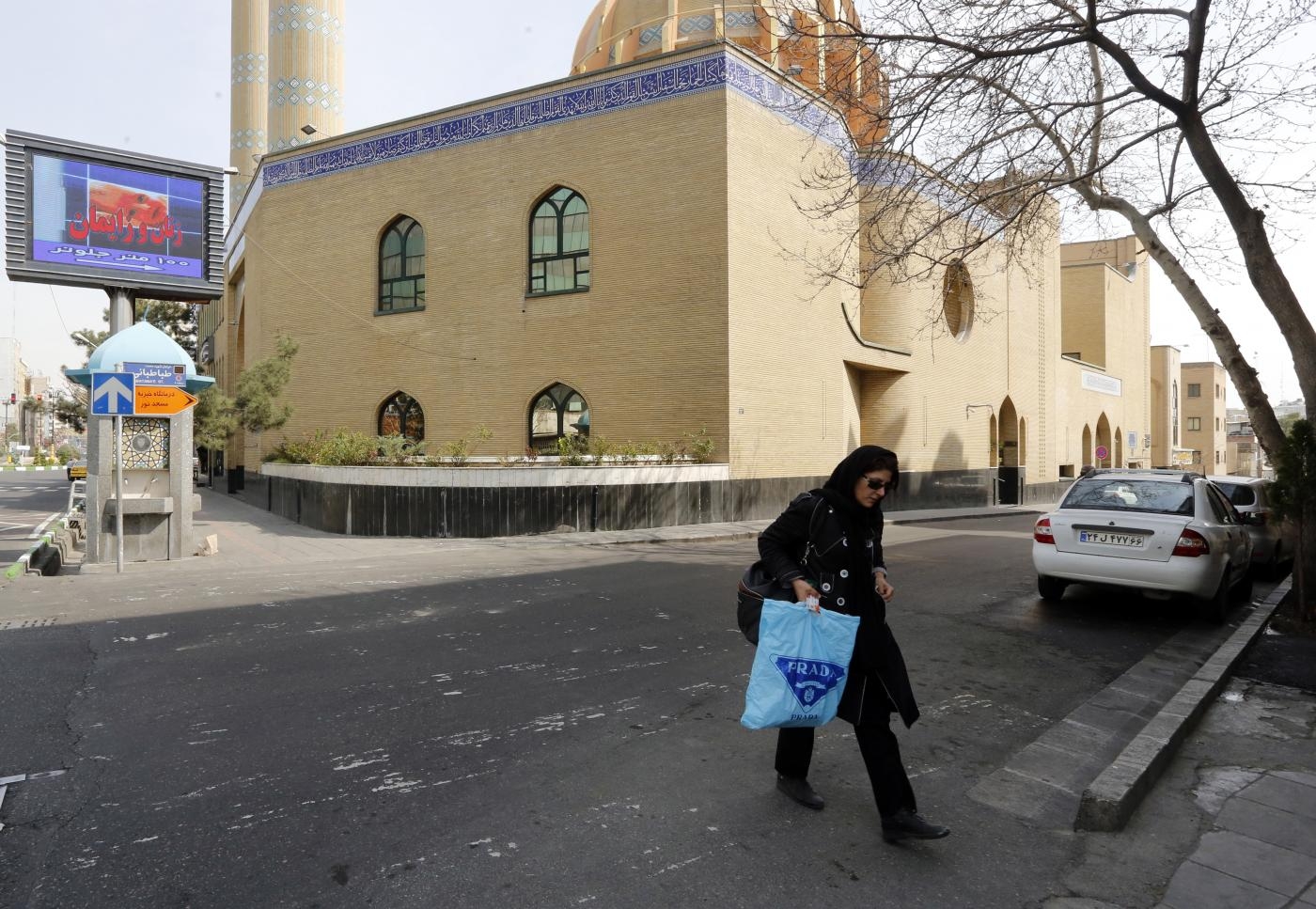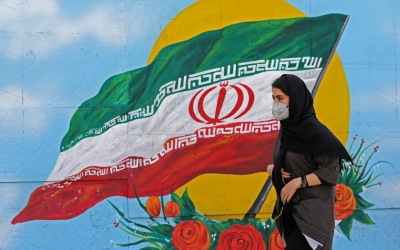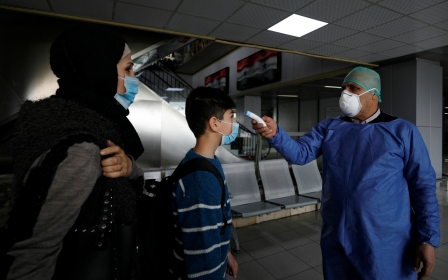Coronavirus: Iran sees its biggest one-day jump in deaths

Iran has reported 85 more deaths from the coronavirus, the biggest single-day jump in the country since the virus was detected there, as security forces announced they would be clearing the streets within 24 hours.
"Sadly, 85 people infected with the COVID-19 disease have died in the past 24 hours," health ministry spokesman Kianoush Jahanpour said in a televised news conference on Friday, using the official name for the illness.
The latest news bring the overall death toll from the disease in Iran to 514.
Jahanpour added that a further 1,289 people had also been confirmed infected "across the country".
He added that Tehran province had the most new infections.
New MEE newsletter: Jerusalem Dispatch
Sign up to get the latest insights and analysis on Israel-Palestine, alongside Turkey Unpacked and other MEE newsletters
Iran has been one of the worst affected countries by the virus outside of China, with authorities struggling to contain what has become a global pandemic.
The armed forces chief said Friday the country's security forces had been ordered to clear the streets nationwide within 24 hours in a bid to stop the virus spreading further.
A newly formed commission will be charged with overseeing the "emptying of shops, streets and roads" as part of a nationwide decision to be implemented within the next 24 hours, Major General Mohammad Bagheri said in televised remarks.
Several Iranian politicians and officials, both sitting and former, have been infected, with some dying from the illness.
The latest high-profile suspected case of infection was Ali Akbar Velayati, who advises Iran's Supreme Leader Ayatollah Ali Khamenei on foreign policy.
Velayati fell ill with "mild symptoms" on Wednesday and has been placed in quarantine, according to the Tasnim News Agency.
On Thursday, it was reported by the Washington Post that satellite imagery showed mass graves being prepared near the holy city of Qom, the centre of the outbreak in the country.
According to the report, since 21 February, two trenches - each around 90 metres long - have been dug at the Behesht-e Masoumeh cemetery in the city.
The report said that a combination of expert analysis and official statements suggested that the graves had been dug to accommodate the rising death toll from the virus in Iran.
Middle East Eye delivers independent and unrivalled coverage and analysis of the Middle East, North Africa and beyond. To learn more about republishing this content and the associated fees, please fill out this form. More about MEE can be found here.





